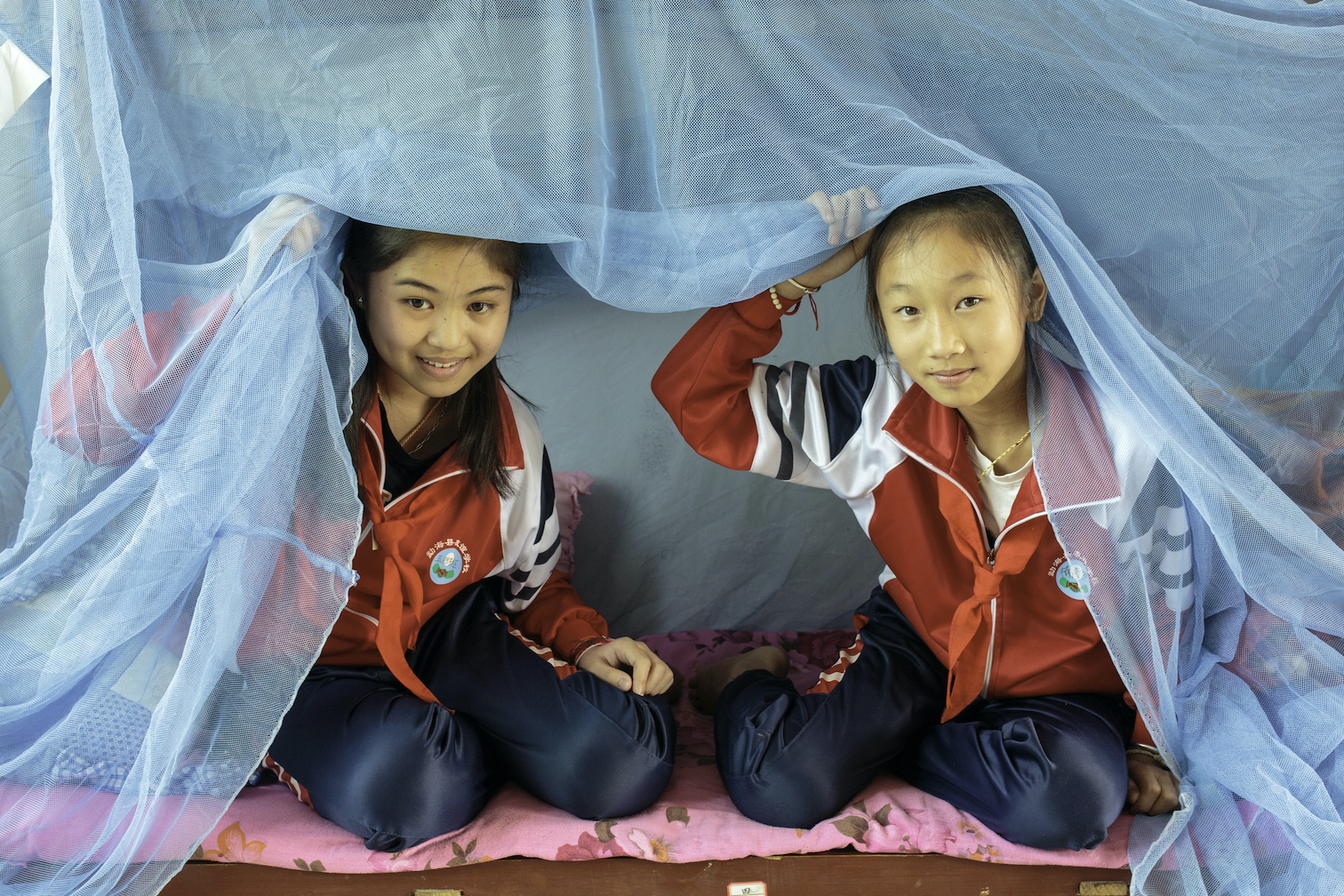China reported zero indigenous cases of malaria in 2017 and 2018, firmly placing the country on track to officially apply for WHO certification of malaria elimination, as a result of three consecutive years of no indigenous cases.
We don’t know yet how the COVID-19 will influence the incidence of malaria in the world. But it is clear that urgent action is needed to keep the global response to malaria on track and to protect the hard-won gains in China, even as we continue our efforts to control the pandemic. We must stay vigilant to prevent the re-establishment of malaria.
The following Q&A will be updated as more is known about the novel coronavirus, how it spreads and how it is affecting malaria responses worldwide.
Why is WHO particularly concerned about the impact of COVID-19 on malaria-affected areas?
Experience from previous disease outbreaks has shown the disruptive effect on health service delivery and the consequences for diseases such as malaria. The 2014-2016 Ebola outbreak in Guinea, Liberia and Sierra Leone, for example, undermined malaria control efforts and led to an increase in malaria-related illness and death in the three countries.
Recognizing the heavy toll that malaria exacts on vulnerable populations, WHO underlines the critical importance of sustaining efforts to prevent, detect and treat malaria. In recent weeks, the COVID-19 pandemic has tested the resilience of robust health systems around the world. To prevent a large-scale outbreak that might require health system resources in malaria-affected areas to be redirected towards pandemic response, protective measures should be utilized to minimize the risk of COVID-19 transmission between patients, communities and health providers. WHO has developed detailed guidance for health workers in the context of the COVID-19 outbreak response, as well as operational guidance for safely maintaining essential health services. Click here for our new guidance.
Should core malaria vector control interventions be maintained in view of the rapid global spread of COVID-19?
In recent days, there have been reports of the suspension of insecticide-treated net (ITN) and indoor residual spraying (IRS) campaigns in several African countries due to concerns around exposure to COVID-19. Suspending such campaigns will leave many vulnerable populations at greater risk of malaria, particularly young children and pregnant women.
WHO strongly encourages countries not to suspend the planning for – or implementation of – vector control activities, including ITN and IRS campaigns, while ensuring these services are delivered using best practices to protect health workers and communities from COVID-19 infection. Modifications of planned distribution strategies may be needed to minimize exposure to the coronavirus.
Are there any changes to WHO guidance with respect to malaria diagnosis and treatment?
WHO guidance on malaria diagnosis and treatment remains the same. Early diagnosis and treatment are critical to prevent a mild case of malaria from progressing to severe illness or death. Countries should make every effort to prevent a scale back efforts to detect and treat malaria whilst responding to COVID-19; doing so could seriously undermine the health and well-being of millions of people infected with a potentially life-threatening disease.

What are the key considerations for countries that are working to eliminate malaria or prevent re-establishment of transmission?
All of the considerations described above apply to malaria-eliminating countries and those preventing re-establishment of the disease: efforts must be sustained to prevent, detect and treat malaria cases while preventing the spread of COVID-19 and ensuring the safety of those who deliver the services. Countries that are nearing malaria elimination must protect their important gains and avoid malaria resurgences. Countries that have eliminated malaria must remain vigilant for any imported cases of malaria that may be occurring to prevent reintroduction of the disease.
What is WHO doing to support malaria-affected countries in the context of COVID-19?
WHO is working across the three levels of the Organization (country, region and headquarters) to ensure that any advice intended to prevent the spread of the coronavirus and to guide COVID-19 disease management is appropriate in malaria-affected settings.
Together with partners, WHO has also identified a set of inter-related actions that are needed to mitigate the impact of COVID-19 in countries where malaria strikes hardest. The Organization recently convened partners to discuss areas of collaboration and coordination, with the aim of:
· generating, using and disseminating accurate information;
· mitigating against health systems disruptions; and
· ensuring the continuity of routine malaria-specific services while also providing, in some settings, additional special measures.
WHO stands ready to work with countries and other stakeholders to mitigate the negative impact of the coronavirus on malaria responses worldwide and, where possible, contribute towards a successful COVID-19 response.
For more Q&A, please visit: https://www.who.int/news-room/q-a-detail/malaria-and-the-covid-19-pandemic
